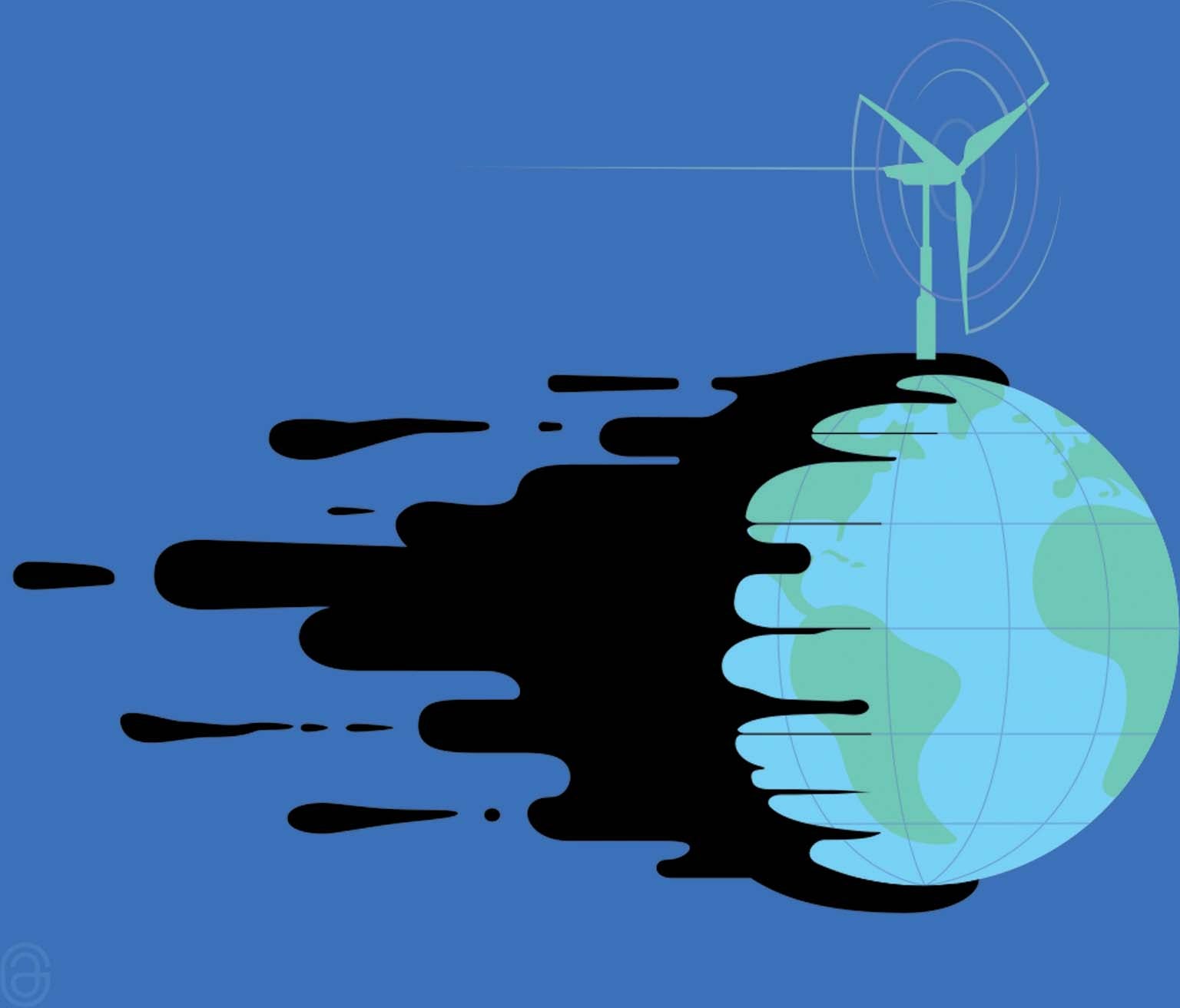
[ad_1]

Toward the end of 2022, I was a panelist at a session on climate change held by a major scientific society. Near the end of the session, a prominent scientist declared that we needed to be “realistic”: oil and gas weren’t going away anytime soon, and we had to accept that as we attempted to solve our climate crisis.
The oil and gas industry makes this argument all the time, of course, but lately I’ve heard it from scientists such as the person at that meeting. Even some environmentalists make it when they have accepted the idea that natural gas needs to be a “bridge fuel.” But carbon pollution from burning oil and gas (and coal)—along with deforestation and animal agriculture—is the cause of the climate crisis. Is it realistic to think you can solve a problem while continuing to do the very thing that caused it?
Some years ago I gave a college commencement address entitled “Don’t Be Realistic.” To the graduating students in front of me, I said that pleas for “realism” are often used to discourage those who think the world can be a different place. The people making them want to justify the status quo and deflate the ambitions of those among us who would be agents of change. The argument for realism in dealing with climate change is one of those calls for inaction. It is an excuse to resist change.
This is not the only time in history that the U.S. has been asked not to change. This country was founded as a nation partly enslaved. At the Constitutional Convention, there were bitter battles over whether a nation conceived in liberty and dedicated to the proposition that all people are created equal should permit one segment of its population to remain in bondage. Those who argued for the preservation of slavery insisted its abolition was simply not realistic.
Eighty years later, when Abraham Lincoln confronted the issue of emancipation, he also faced the realist argument. It wasn’t realistic, some said, to think formerly enslaved people could become self-sufficient members of a republic or that society was ready to embrace them as citizens. In some ways, the realists making that second point were right: After taking nearly a century to abolish slavery, the U.S. took another one to legally abolish its residues of enforced segregation, physical violence and grosslyw unequal protection under the law. When Martin Luther King, Jr., marched on Washington, D.C., in the 1960s to gain civil rights, he was advised not to push too hard. He was counseled to go slow.
But it was his very unrealistic expectation—the outrageous belief that it was possible to have a country that practiced what it preached, a country where all people and not just white males were not only created equal but treated equally—that led to change. That unrealistic expectation helped to bring about a new reality.
The truly realistic solution to climate change is “deep decarbonization”—reorganizing our energy systems to rely on technologies that do not cause carbon pollution. We have to start this work immediately and cut emissions in half by 2030 to keep global temperatures from rising more than 1.5 degrees Celsius—a threshold beyond which catastrophic damage is almost certain to occur, according to recent scientific analysis.
To accomplish this goal, we should focus our attention on proven technologies that can do the lion’s share of the job. This means rapid expansion of wind and solar, supplemented by hydropower, biomass reactors and existing nuclear energy. It also means developing policies that encourage energy efficiency. It means focusing our research dollars on energy storage and improvements to the electricity grid required to maximize our use of the wind and the sun.
And it means not getting distracted by promises of breakthroughs that may or may not come on time. (Computer scientist John Mashey, who worked at Bell Labs—one of the greatest centers of innovation in the mid-20th century—says they had a slogan: “Never schedule breakthroughs.”)
Conventional realism asserts that we cannot live any other way than the way we do now. The fossil-fuel industry asserts that we cannot live without its products. But history shows that humans have lived and thrived in many different configurations. It is not unreasonable to think we could, in the future, live in a less destructive manner than we do now. And if that aspiration appears to be unrealistic, then we need to find strategies to make it real.
[ad_2]